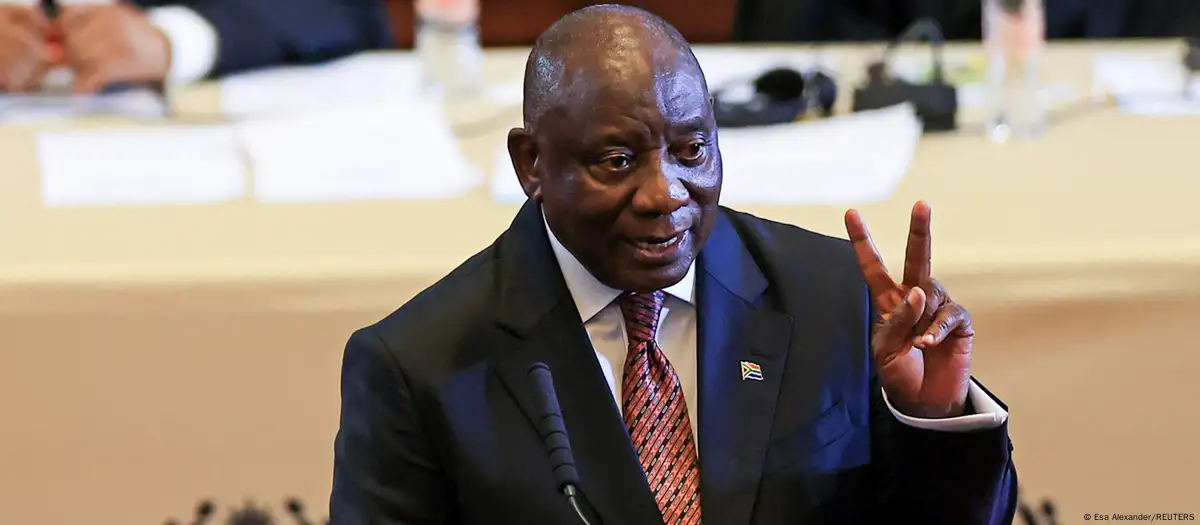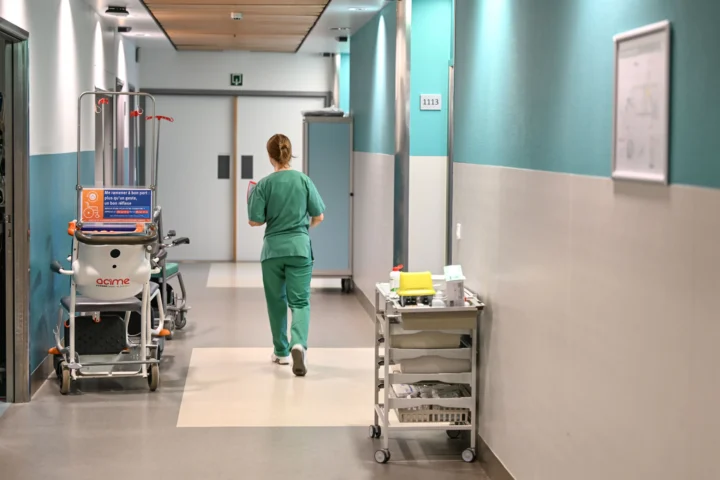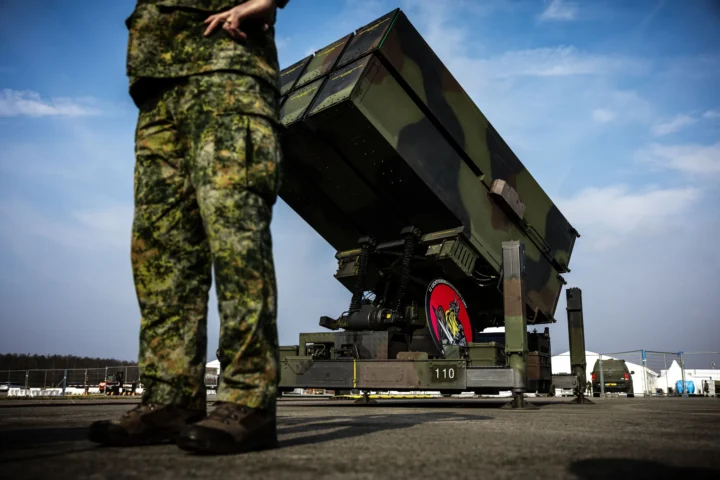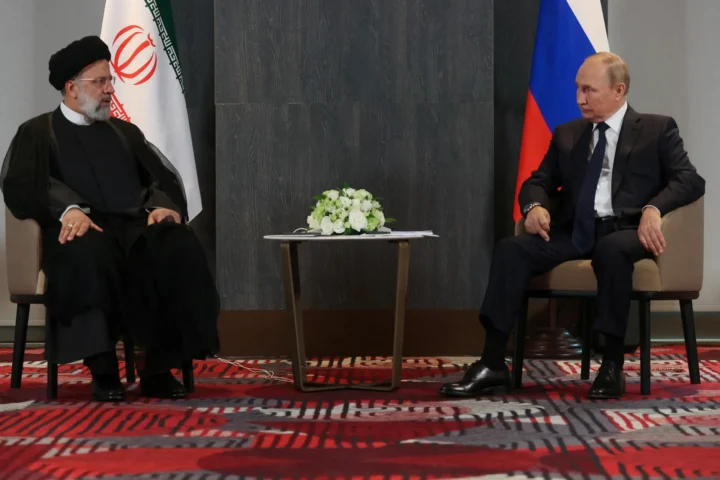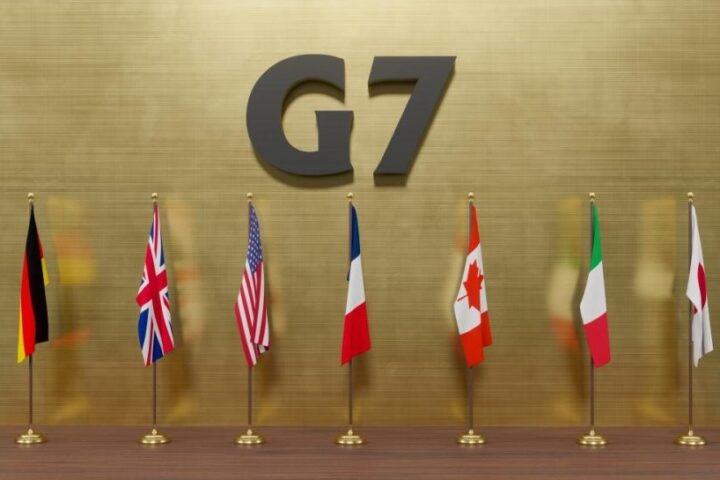The African National Congress and Democratic Alliance disagree over proposed VAT increases, casting doubt on the ruling coalition’s ability to govern.
South Africa on Wednesday took the “unprecedented” step of postponing its budget speech after disagreements emerged within the coalition government over proposed tax hikes.
For the first time since the apartheid era, the African National Congress (ANC) no longer has a parliamentary majority and is reliant on the support of other parties in what parties call a government of national unity.
Why was South Africa’s budget postponed?
But the ANC’s main coalition partner, the Democratic Alliance (DA), a traditional rival, has opposed a proposed two-percentage-point increase in value-added tax (VAT) to 17%, and the budget has been postponed until March 12.
“I think that it is correct that, when such situations happen, we need to collectively think on the best way forward,” said Speaker Thoko Didiza, announcing the postponement to lawmakers and describing the situation as “unprecedented.”
DA leader John Steenhuisen welcomed the move, which he said was “a victory for the people of South Africa.” He claimed the VAT rise would have “broken the back of our economy.”
South Africa’s economy has been struggling with rising inflation and notorious inequality. More than 60% of the population is affected by poverty, a situation only exacerbated by recent cuts to aid from the United States .
What has the South African government said?
Finance Minister Enoch Godongwana said the government was “grappling” with ways to finance its plans.
“There is a general agreement in the current environment that we need to find a way of funding our priorities,” he told reporters. “Do we borrow more? Do we cut expenditure? Do we raise taxes? And what are the implications of that?”
The uneasy 10-party coalition is dominated by the ANC and DA but has been plagued by disagreements ever since its formation in June 2024. But the budget postponement has nevertheless shocked observers.
What will happen to South Africa’s coalition government?
David Omojomolo, an economist at Capital Economics, said the “cracks in the coalition” were to be found chiefly in domestic rather than foreign policy.
Louw Nel, a political analyst at Oxford Economics, said the delay raised “serious questions about the coalition’s ability to deal with major disagreements.”
The leader of the far-left Economic Freedom Fighters (EFF) opposition party said: “There is no government, it has collapsed.”
